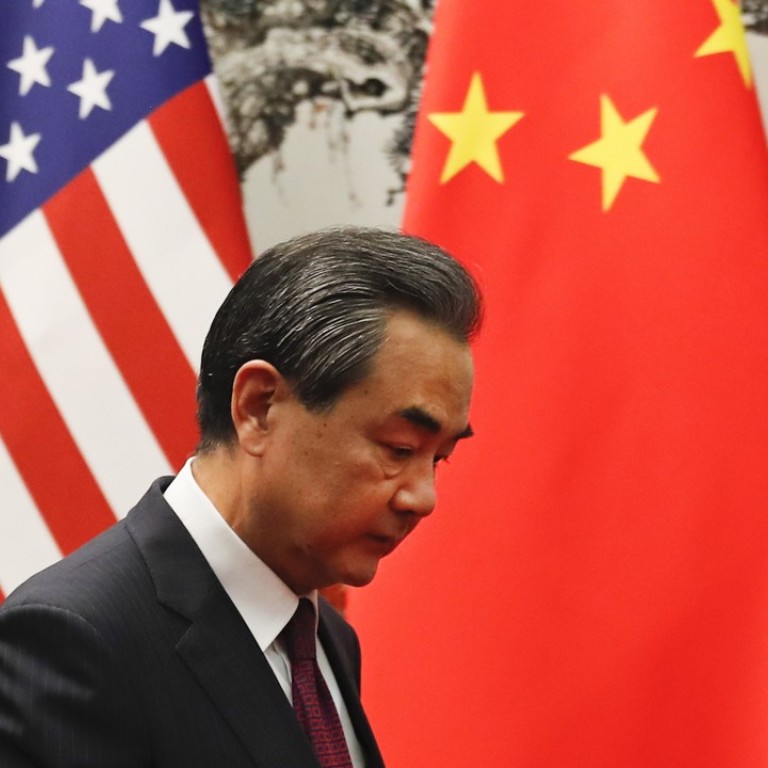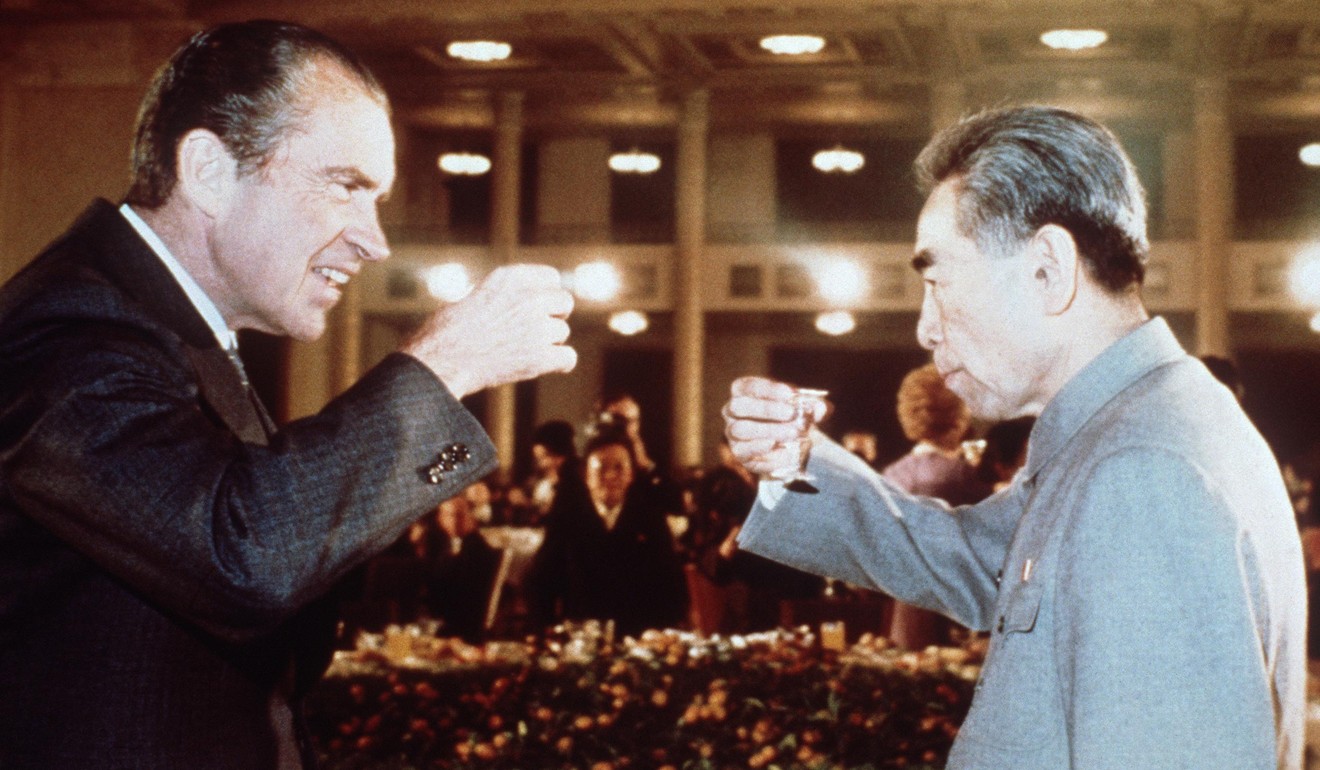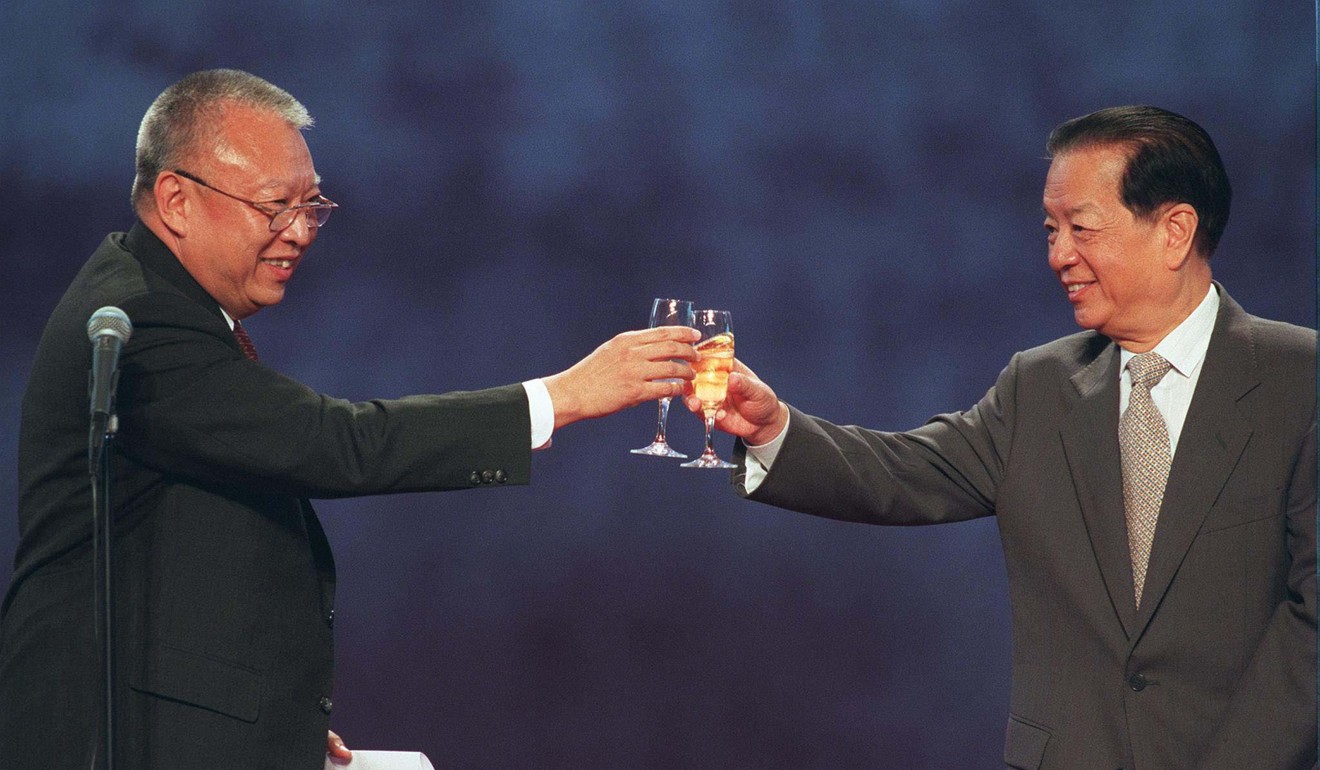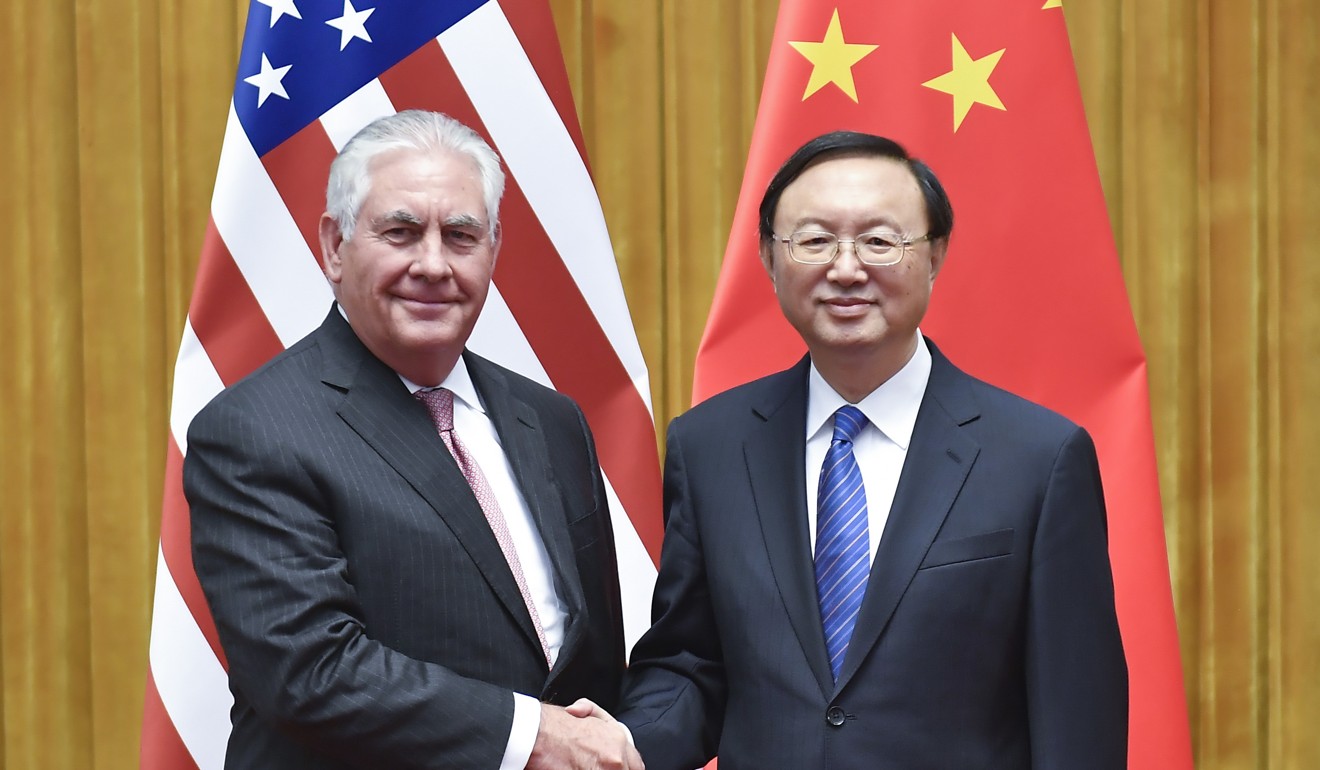
As China’s global prestige rises, so should the status of its foreign minister
Andrei Lungu says the relatively low ranking of China’s foreign minister, its voice on the world stage, doesn’t fit the nation’s role as a major power. The upcoming party congress is a chance to change that by promoting him to the Politburo
Throughout the world, the minister of foreign affairs is the second or third most important government position. This is natural, as this prestigious position links the nation and the outside world.
This was once true for China. The first foreign minister after the establishment of the People’s Republic of China was Zhou Enlai, who was also premier. His status enhanced his foreign minister position. Foreign officials negotiating with Zhou knew they were talking to an important politician who could influence policy debates in Beijing. His authority offered him more latitude to conduct negotiations abroad than a simple diplomat.

But after eight years, Zhou abandoned his foreign minister portfolio and China later decided to professionalise the position. The foreign minister might be one of the most powerful politicians in other countries, but not in China. There is no foreign minister among the seven members of the Communist Party’s Politburo Standing Committee. He isn’t even one of the 25 members of the Politburo. He is a member of the Central Committee, a body of 205 members. Maybe the foreign minister is China’s 26th most powerful official, or maybe 204th. Who can tell?
Xi demands ‘strong hands’ to maintain stability ahead of Communist Party congress
The last foreign minister to hold a Politburo seat was Qian Qichen in the 1990s, who obtained a seat after almost five years as China’s foreign minister. But this promotion was facilitated by him reaching the rank of vice-premier, a post included on the Politburo.

When China was a developing country with limited overseas interests, such a structure was understandable. But today, China is the world’s largest exporter, the second-largest economy and a global power, with interests spanning every continent. Diplomacy is no longer a problem for the technocrats. It is a political problem of central importance for China’s development. As a rising power, China needs a stronger voice on the world stage, with more authority to negotiate with foreign counterparts. China can no longer afford a foreign minister who might be the 26th most powerful politician in the country.
When we say ‘new order’ of the Chinese Communist Party, what exactly are we talking about?
The upcoming 19th party congress is an opportunity to correct this situation. Wang Yi, China’s current foreign minister, is only 63. But in another complicated twist, he isn’t the country’s top diplomat, a distinction that goes to State Councillor Yang Jiechi. Normally, Wang would be promoted to state councillor, which also lacks Politburo representation. But Chinese leaders have an opportunity to streamline their foreign policy institutions.

‘Dirty dozen or so’ set to be dumped from Communist Party’s inner circle
In the meantime, the state councillor position could become the Chinese equivalent of the US national security adviser. In a way, this is already true, as Yang is also director of the General Office of the Foreign Affairs Leading Small Group, but more clarity is needed.
China can no longer afford a foreign minister who might be the 26th most powerful politician in the country
Just as China has established a National Security Commission, it should explicitly create the post of national security adviser, the president’s main foreign policy aide. Having the state councillor as a member of the State Council, to assist the premier, who has less foreign policy responsibilities than the president, doesn’t make much sense. Explicitly linking this foreign policy advisory role to the president would bring more clarity.
While there would still be overlap and bureaucratic infighting between the national security adviser and foreign minister, the former would be the president’s main adviser, helping him form policy, while the foreign minister would be in charge of diplomacy. Thanks to his new Politburo seat, he would also become more influential in the party, increasing his authority and credibility as China’s main overseas voice. As Wang has the diplomatic experience and seems to have Xi’s trust, he is in position to be promoted to the Politburo at the upcoming Party Congress.
China completes registration of 8,000-strong UN peacekeeping force, defence ministry says
Andrei Lungu is president of the Romanian Institute for the Study of the Asia-Pacific. His research interests focus on China’s foreign policy and its internal politics

